We all love sharing our food with dogs but which foods should they not eat? We love watching them run around the park but which plants will make them sick? Dogs are very different to us and many things that ok for humans are not ok for them. Read on to learn about some common toxins to dogs that may be around your house that can make your dog sick!
Household
Ibuprofen or Nurofen
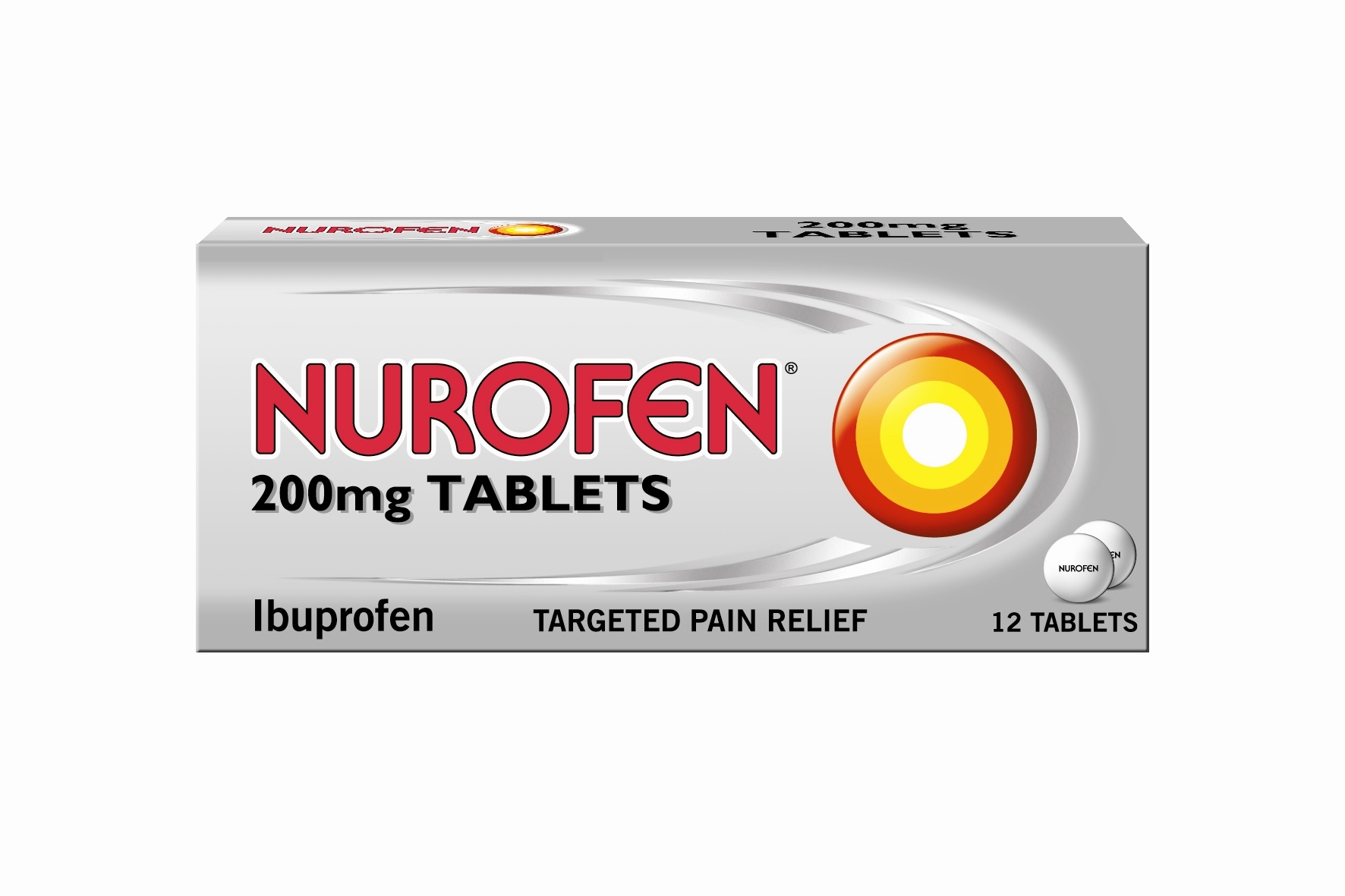 When ingested these drugs (although alleviate our headaches) are detrimental to your dog. In high doses it can cause kidney and liver failure and neurological changes such as seizures. Even in small doses it can cause stomach ulcers, vomiting and diarrhoea. Any ingested of ibuprofen warrants vet attention.
When ingested these drugs (although alleviate our headaches) are detrimental to your dog. In high doses it can cause kidney and liver failure and neurological changes such as seizures. Even in small doses it can cause stomach ulcers, vomiting and diarrhoea. Any ingested of ibuprofen warrants vet attention.
Antifreeze 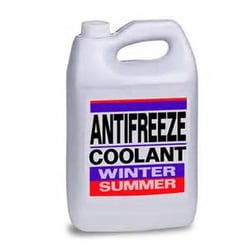
This contains ethylene glycol which when ingested is converted in the liver into metabolites that cause acute kidney failure. Prompt veterinary treatment is required for a good prognosis. Left untreated it is fatal. Initial signs of ingestion include vomiting, excessive drinking and urination and ataxia.
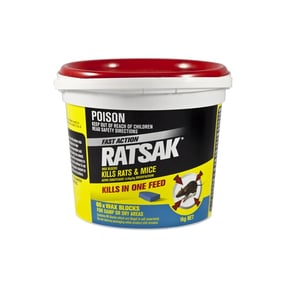 Rodenticides contain anticoagulants usually brodificoum, bromadoline or warfarin. They work by slowly depleting your pet's clotting factors and cause them to bleed, first internally so ingestion is not always obvious straight away. If you suspect your dog has eaten rat bait take it to the vet immediately.
Rodenticides contain anticoagulants usually brodificoum, bromadoline or warfarin. They work by slowly depleting your pet's clotting factors and cause them to bleed, first internally so ingestion is not always obvious straight away. If you suspect your dog has eaten rat bait take it to the vet immediately.
Signs usually become apparent 1-2 days after ingestion and include pale gums; nose bleeds dark blood in the poo and trouble breathing.
Snail bait
This is often made with metaldehyde or 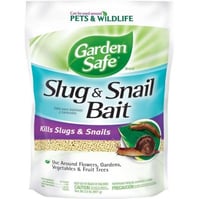 methiocarb. They are very palatable to dogs and can cause a rapid onset of neurological signs including excessive salivation, incoordination and seizures. Animals also often become hyperthermic. Pets should be taken to the vet immediately for emesis (vomiting) to be induced.
methiocarb. They are very palatable to dogs and can cause a rapid onset of neurological signs including excessive salivation, incoordination and seizures. Animals also often become hyperthermic. Pets should be taken to the vet immediately for emesis (vomiting) to be induced.
Foods
Chewing gum/sugar free lollies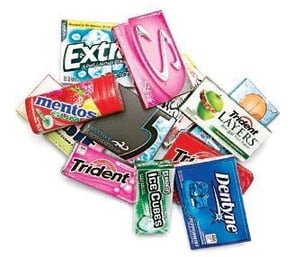
The ingredient xylitol in these foods make them toxic. It causes hypoglycaemia (life threatening low blood sugar) and liver failure. Signs that your dog may have eaten xylitol include weakness, lethargy, collapse, tremors, jaundice, and seizures. It can lead to coma and death if left untreated.
Chocolate The type of chocolate, amount eaten and the size of dog all depend on the level of toxicity. It is the theobromine within the cocoa that makes this delicious treat so dangerous for dogs. If your dog has eaten any kind of chocolate, even small amounts please ring your vet.
The type of chocolate, amount eaten and the size of dog all depend on the level of toxicity. It is the theobromine within the cocoa that makes this delicious treat so dangerous for dogs. If your dog has eaten any kind of chocolate, even small amounts please ring your vet.
Check our our blog post on chocolate toxicity in dogs for more information.
Bread dough
 Unbaked bread dough, when swallowed expands in the moist environment of the stomach and can cause bloat. This can also progress to gastric dilation volvulus (twisted stomach) the fermenting yeast also produces alcohol which can intoxicate your pet causing dangerous drops in blood pressure, body temperature and blood glucose. Ingestion of bread dough can also lead to seizures and death.
Unbaked bread dough, when swallowed expands in the moist environment of the stomach and can cause bloat. This can also progress to gastric dilation volvulus (twisted stomach) the fermenting yeast also produces alcohol which can intoxicate your pet causing dangerous drops in blood pressure, body temperature and blood glucose. Ingestion of bread dough can also lead to seizures and death.
Grapes, sultanas and raisins. It is not clearly understood as to how these foods are poisonous and toxicity is not dose dependent-this means just one grape can harm your dog! Ingestion of any type of sultana or foods containing sultanas should be taken seriously and vet treatment should be sought. Ingestion can result in anorexia, vomiting and diarrhoea and severe acute kidney failure, which can lead to death.
It is not clearly understood as to how these foods are poisonous and toxicity is not dose dependent-this means just one grape can harm your dog! Ingestion of any type of sultana or foods containing sultanas should be taken seriously and vet treatment should be sought. Ingestion can result in anorexia, vomiting and diarrhoea and severe acute kidney failure, which can lead to death.
Onion and garlic 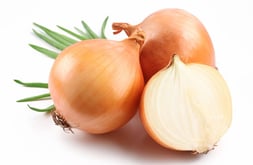 These foods cause damage to the red blood cells, resulting in anaemia. They also affect the gastrointestinal tract causing drooling, vomiting and diarrhoea.
These foods cause damage to the red blood cells, resulting in anaemia. They also affect the gastrointestinal tract causing drooling, vomiting and diarrhoea.
Anaemia can result in lethargy, an elevated heart rate and respiratory rate. Large amounts of these foods can be very toxic and any ingestion should be treated.
Macadamia nuts
The toxic mechanism for macadamia nuts is not known but they can affect nerve function and cause severe lethargy, increased body temperature, vomiting, tremors, joint stiffness and inability to walk (usually affecting the hind limbs).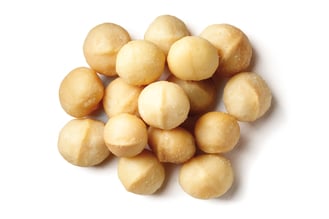
Plants (this is not a comprehensive list)
Oleander  This plant contains naturally occurring poisons called cardiac glucosides and they affect the heart by interfering with the electrolyte balance within the heart muscle. Clinical signs include drooling, vomiting, abnormal heart rate, weakness, collapse, seizures and unfortunately, death.
This plant contains naturally occurring poisons called cardiac glucosides and they affect the heart by interfering with the electrolyte balance within the heart muscle. Clinical signs include drooling, vomiting, abnormal heart rate, weakness, collapse, seizures and unfortunately, death.
Blue green algae (cyanobacteria) 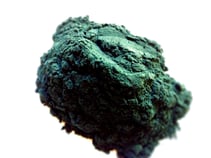 Found in freshwater lakes, blue green algea is one of the most toxic plants to dogs. Found in streams and ponds, some blooms contain toxins which attack either the liver or central nervous system causing signs such as lethargy, vomiting and diarrhoea, increased salivation, difficulty breathing and seizures.
Found in freshwater lakes, blue green algea is one of the most toxic plants to dogs. Found in streams and ponds, some blooms contain toxins which attack either the liver or central nervous system causing signs such as lethargy, vomiting and diarrhoea, increased salivation, difficulty breathing and seizures.
Baby’s breath
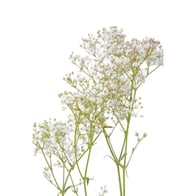
Has a mild to moderate level of toxicity and can cause vomiting and diarrhoea, anorexia, lethargy and depression.
Poinsettias 
When ingested mild signs of vomiting, diarrhoea and drooling may be seen. If the milky sap is exposed to skin it can cause redness, swelling and itchiness.
Aloe Vera  Can cause vomiting and diarrhoea, anorexia, a change in urine colour and very rarely, tremors.
Can cause vomiting and diarrhoea, anorexia, a change in urine colour and very rarely, tremors.
Azaleas  These contain grayanotoxins that disrupt skeletal, cardiac and nerve function. Signs range from mild – excessive drooling and gastrointestinal upset to severe – heart arrhythmias, seizures, coma and death depending on the amount ingested.
These contain grayanotoxins that disrupt skeletal, cardiac and nerve function. Signs range from mild – excessive drooling and gastrointestinal upset to severe – heart arrhythmias, seizures, coma and death depending on the amount ingested.
Hydrangeas 
When ingested can cause vomiting, diarrhoea and lethargy.
Brunfelsia
 Also known as the Yesterday, Today and Tomorrow Plant, if ingested can cause weakness, paralysis, seizures, low blood pressure, low heart rate and death.
Also known as the Yesterday, Today and Tomorrow Plant, if ingested can cause weakness, paralysis, seizures, low blood pressure, low heart rate and death.
Recreational drugs
We don’t care if you take these drugs but we do care if your dog gets into your stash!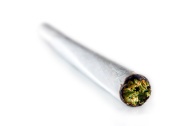
Marijuana, cocaine and any drug containing MDMA is potentially fatal to your dog and should be reported to your vet straight away.
If there's any question about what your dog may have eaten, please contact a veterinarian right away.
And we'll end on this note: Your Dog Ate Weed -- A Song. By Kelsey Beth Carpenter, Registered Veterinary Technician: https://www.youtube.com/watch?v=z9C8MHh_dPE
